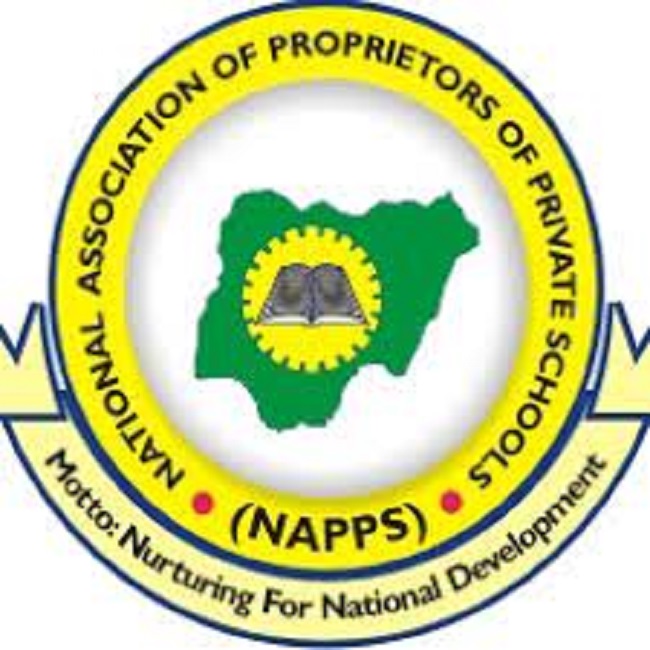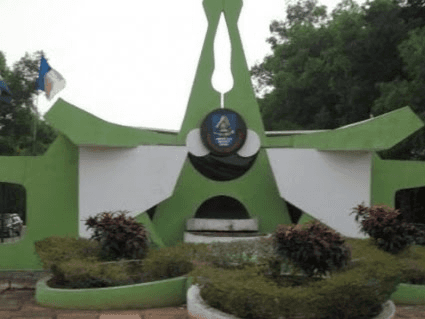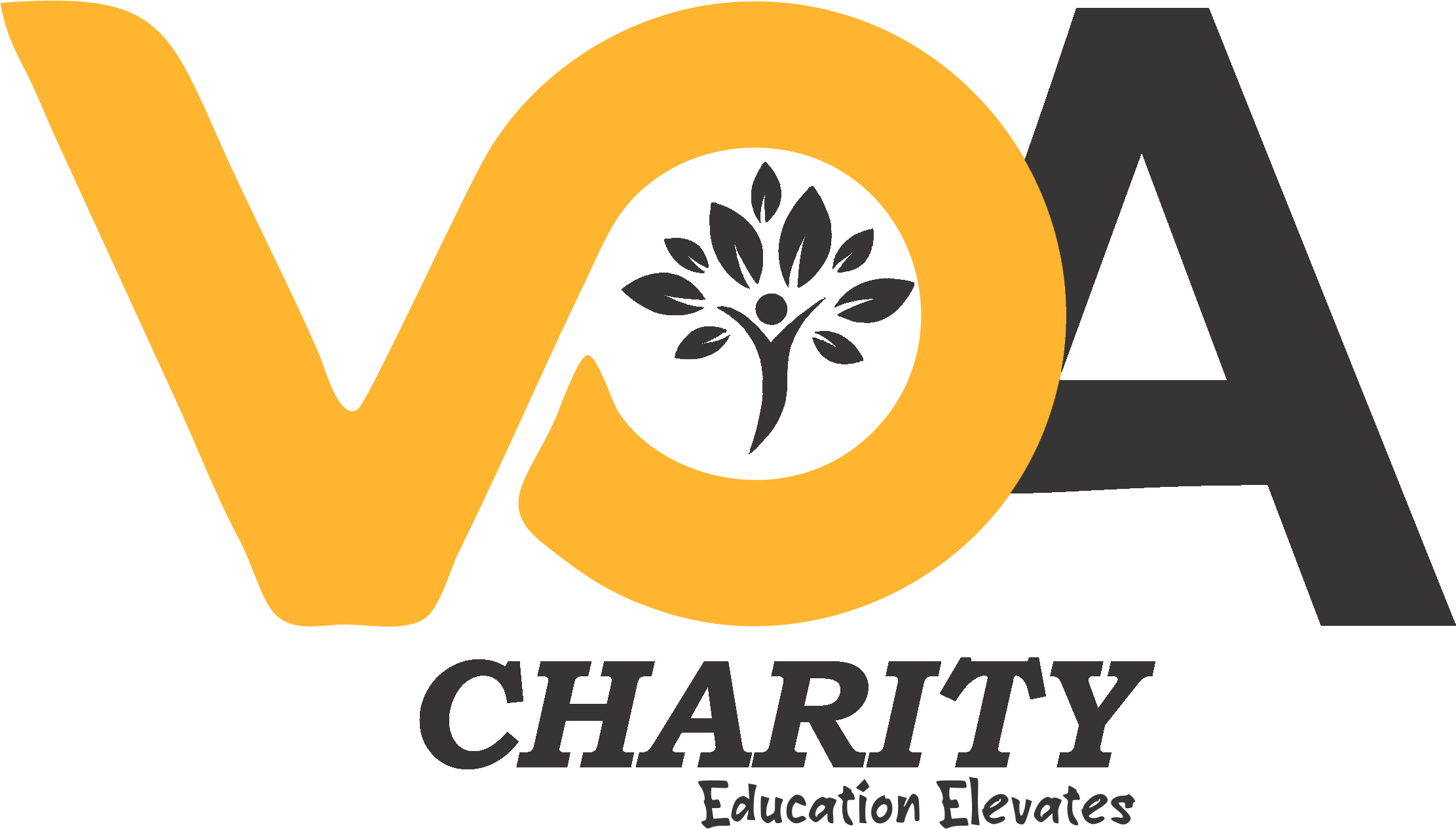NAPPS and Afrikindness partner to combat exam malpractice in Nigeria


The National Association of Proprietors of Private Schools (NAPPS) in Nigeria has disclosed its plans to collaborate with Afrikindness, a UK-based charitable organisation for children and young adults, and other stakeholders to eliminate or minimise examination malpractice in Nigeria’s educational system.
The problem, which continues to pose a significant challenge in Nigeria and around the world, was the focus of discussion at a recent virtual teachers’ training workshop conducted by the NAPPS in Nigeria.
“Promoting Integrity: Strategies for Mitigating Examination Malpractice in Schools” is the theme of the forum, which is being organised in collaboration with Afrikindness.
Speaking at the the event, Yomi Otubela, National President of NAPPS, emphasised the relevance of the training, stating that it is for educators to learn how and why they should take proactive efforts to prevent exam misconduct in schools.
He stated that educators, students, and other stakeholders must always follow the ideals of honesty, transparency, responsibility, and integrity when giving examinations and certifications from an educational system.
Condemning exam misconduct in all forms, Otubela, who also serves as head of the Lagooz Group of Schools, stated that the country’s growing worry over exam malpractice has jeopardised the credibility and integrity of educational institutions.
He stated that the workshop was intended to provide participants, including school owners, administrators, and teachers, with opportunity to share ideas, insights, skills, methods, and best practices for effectively bringing exam malpractice to an end locally.
He emphasised that the negative implications of exam malpractice extend beyond cheaters and those who assisted them and affect the education sector, the economy, and society as a whole.
He explained that battling the problem and achieving success required the combined efforts of stakeholders, with educators playing an active role.
According to him, educators in general must be able to instill a culture of academic honesty and ethical behaviour in both students and themselves.
He stated that a situation in which professors and even parents encourage their students or children, as the case may be, to engage in exam malpractice is not only unusual and terrible, but also completely unacceptable.
He urged participants to collaborate in instilling a sense of integrity and ethical principles in the country’s educational system by cultivating a generation of young leaders who will uphold the highest moral standards both in and out of school.
Bunmi Owolabi, CEO of Afrikindness, and two other speakers, Lovette Monyei and Alice Crawford, stated separately that educators are obliged to prepare learners at all levels for future challenges.
They explained that it is only when educators prepare students well with the right knowledge and skills as well as moral values, emotional intelligence, self-management, and so forth that they would be able to stand and contribute meaningfully to societal advancement. They said the essence of children going to school is to become productive citizens even while still in school, urging participants to make good use of knowledge gained at the workshop back home.







